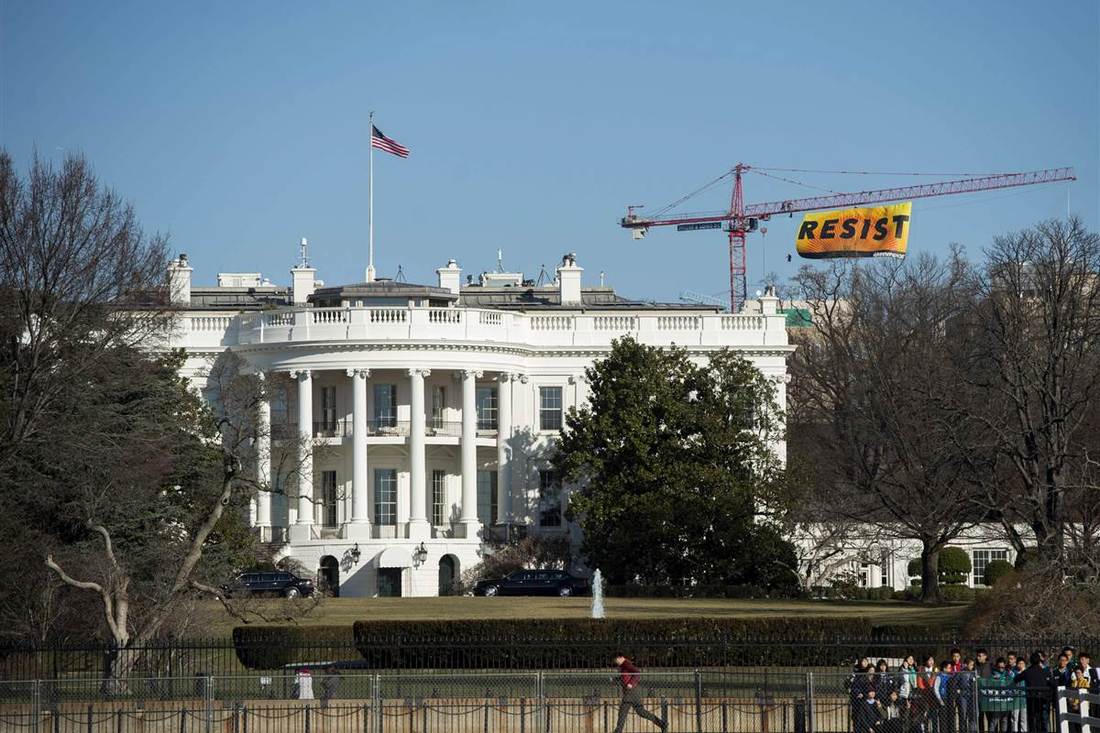As we learned during the campaign, Donald Trump is so symptomatically thin-skinned his sense of internal self-worth and psychological well-being, must be questioned. He pronounced his ability, intelligence, and business acumen as superior, even though there was faint evidence to support his claims. He constantly referred to where he stood in polls relative to other candidates, even when the referenced polls were meaningless. And, he frequently described people, and by extension himself, as either “losers” or a “killers” to indicate their worth. Having won the Presidency, he continues to index his self-worth through external measures rather than exhibiting inner confidence.
|
|
Of course, it is not necessary to select between these two explanations of Trump’s behavior. The abnormalities of Trump’s psyche could make lying, deceiving, and spewing disinformation more attractive to him than facing facts and speaking truth. Moreover, Trumps adoption by the Republican Party and mentorship by Vladimir Putin have provided Trump with guidance by expert practitioners of how lies, deception, and disinformation can be used to detract, dispute, and undermine the integrity of facts. (See Main Stream Media Is Unable to Fully Explain Donald Trump and Vladimir Putin’s Disinformation Campaign to Weaken the U.S. and Western European Alliance.)
Regardless of how one explains Trump’s behavior, it is important to note that his concerns about how many voters support him is well-placed. The relatively small crowd viewing Trump’s inauguration, his loss of the popular vote, despite winning the Electoral College, and the enormous protest to his election on the day after his inauguration completely illegitimates his Presidency. And, illegitimacy greases the skids for resistance and eventually the loss of political power. It is very rationale for Trump to be worried about his lack of legitimacy. |

